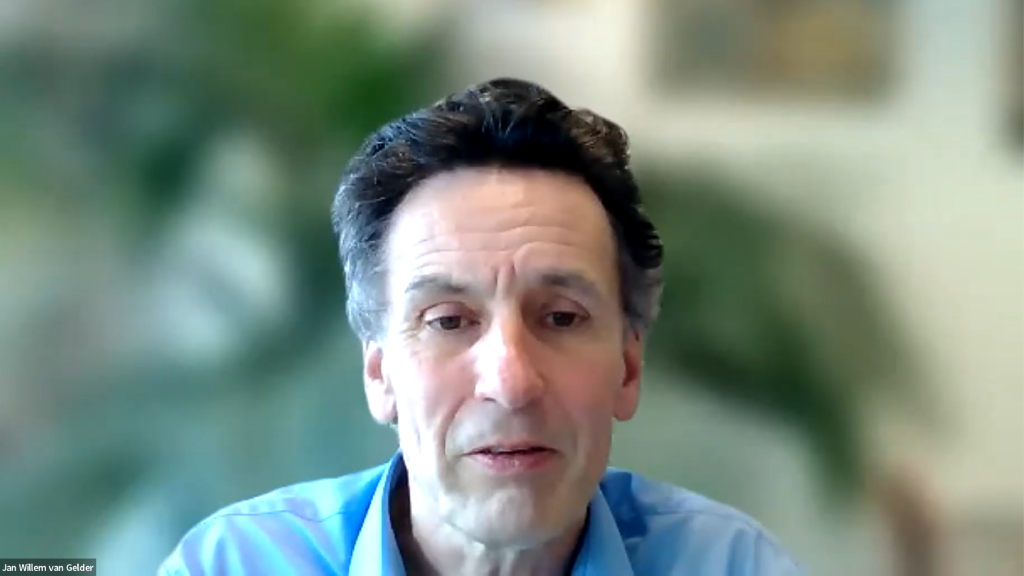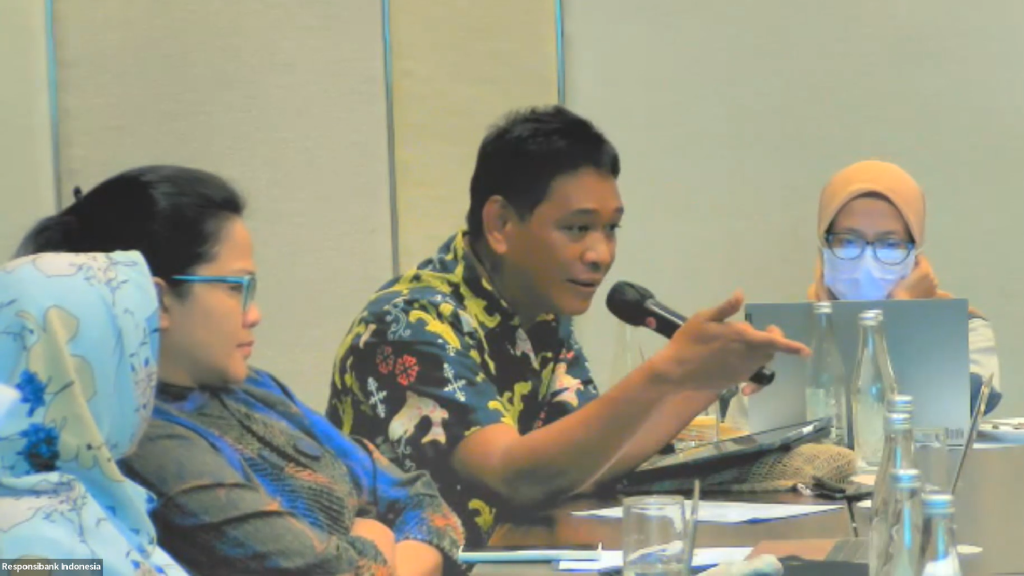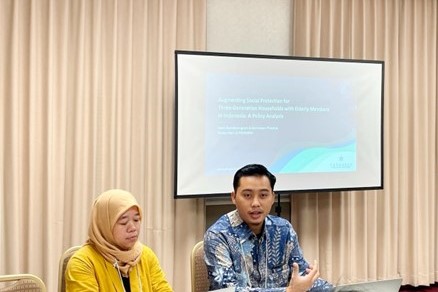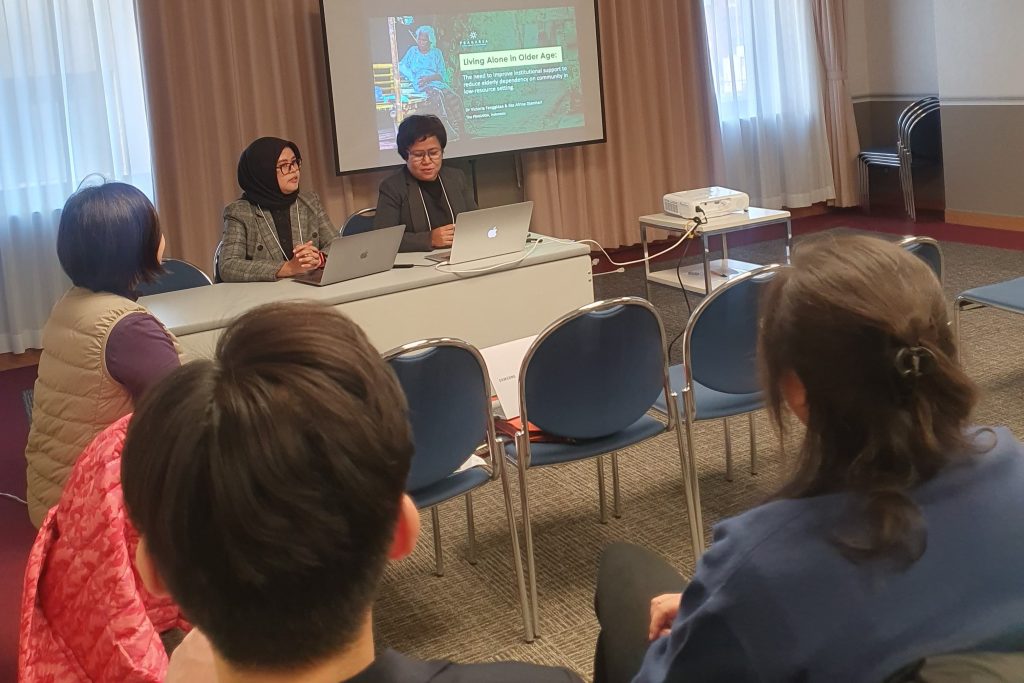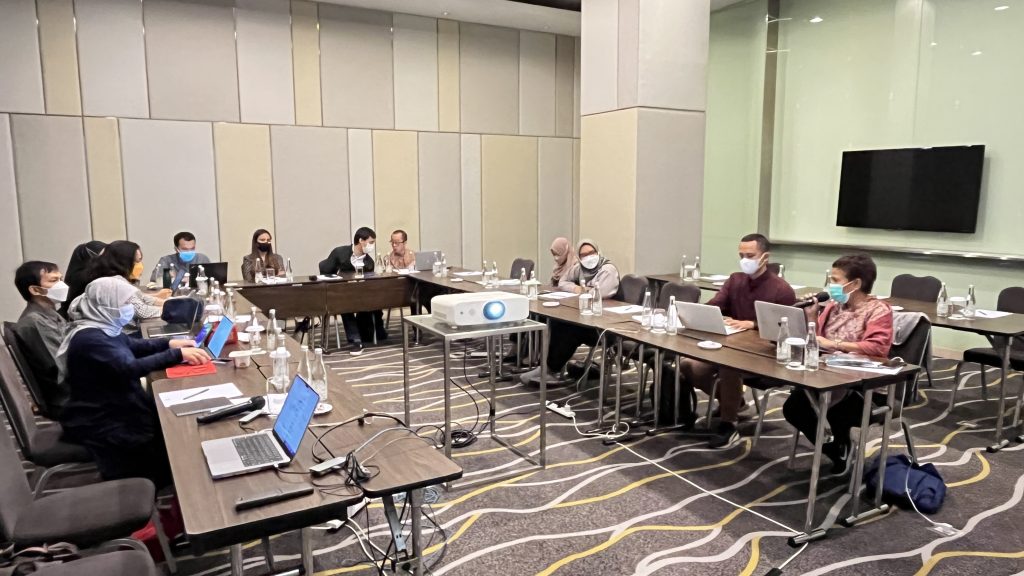
The Indonesian government has committed to efforts to address climate change and the environment. Action on climate change and the environment has become a priority for the government since the signing of the 2015 Paris Climate Agreement and is contained in the National Medium-Term Development Plan 2020-2024 (RPJMN) for the reduction of greenhouse gases by 27,3 percent of emissions by 2024.
This commitment was further strengthened through the renewal of the Nationally Determined Contribution (NDC) plan by setting a target to reduce greenhouse gas (GHG) emissions unconditionally to 29% and conditionally (with international support) to 41% by 2030.
In order to support these efforts, ResponsiBank Indonesia and Profundo organized training for banks and Civil Society Organizations (CSOs) with the theme “Developing Credit Policies that are Responsible for the Environment and Climate Change”.
This activity is carried out in a hybrid manner on Wednesday-Thursday (26-27/10/2022), offline events are held at DoubleTree by Hilton Hotel, Jakarta, while online events can be followed through Zoom Meetings. By presenting two speakers, namely the Founder and Executive Director of PROFUNDO Jan Willem van Gelder and Bustar Maitar who is the Founder and CEO of the EcoNusa Foundation.
Deputy Director The PRAKARSA Victoria Fanggidae said that this activity was carried out to encourage the implementation of sustainable finance, especially for the financial sector in Indonesia so that it is ready to face demands and also requests from the world which currently strongly encourages the issue of sustainable development to be carried out by all parties.
"Not only the government and civil society institutions (CSOs) like us, but also especially the private sector in this case is the financial sector, especially banking," said Victoria.
According to Victoria, the Financial Services Authority (OJK) and Bank Indonesia have also encouraged the banking industry to move towards sustainable development practices and achieve the targets set by the global and Indonesian communities.
"We can't go back in time, indeed, economic and environmental targets must go hand in hand with social targets as well. So what we can do now is learn about how we are working together with the banking financial sector in particular to achieve these targets and meet various standards,” explained Victoria.
In the first session, this training discussed a lot about what standards exist in sustainable development actions, both international and national, both standards that are voluntarily carried out by associations, associations or various financial institutions and standardization institutions.
Jan Willem van Gelder on this occasion revealed that coastal countries like Indonesia are very vulnerable to climate change. In addition, he also touched on the Paris Agreement, which he said needed to be limited to 1,5 degrees Celsius.
“This requires halving global Greenhouse Gas (GHG) emissions by 2030 and net zero GHG emissions by 2050,” said Jan.
According to Jan, in this case the role of banks is needed because banks contribute to climate change and environmental problems. “Climate and environmental changes have had a huge impact on banks. For this reason, international standards and national policies require banks to support mitigation and adaptation,” said Jan.
In the second session, Jan mentioned that there have actually been many voluntary initiatives carried out by the banking sector related to climate change. However, the involvement of banks from Indonesia and other ASEAN countries is minimal, even though Indonesia has issued a Green Taxonomy, but according to him, more metrics are needed to be credible.
Jan further recommends that the key steps that need to be considered in developing credit policies for climate change are that financial institutions must understand existing international and national standards, besides that it is also important for banks to define commitments to climate change.
"Furthermore, be aware of the do's and don'ts of net-zero commitments, analyze bank portfolios and set sector targets and develop responsible credit policies in each sector," explained Jan.
At the end of the session, Jan explained that at the implementation stage, banks must have instruments to implement credit policies that are responsible for climate change. These include implementing due diligence to get to know the client, making commitments with clients and agreeing on a transition plan, offering customized products and services (SLL).
“In addition, banks also need to end financing relationships with clients that ignore the principles of sustainable finance and explore relationships with new clients that may be financed by green bonds. As well as measuring and reporting through different methodologies to measure progress towards net-zero PCAF and PACTA, GRI and TCFD, as well as PBAF biodiversity reporting,” explained Jan.
Meanwhile, the second speaker, Bustar Maitar, on this occasion shared a lot about business practices that pay attention to sustainability principles and have been carried out by PT Kobumi. According to him, in order to encourage banks to switch to sustainable financing is to provide alternative financing for large-scale sustainable businesses.
"Because the bank will ask, how big is your funding scale. If it's small, 10 to 15 million we don't consider it that way, but if we say my value is 30 billion, OK, that's it. So that's the name shifting that has to happen, so if we want to shift it, we have to create economic value the big one. That's what EcoNusa is trying to do with PT Kobumi," said Bustar.
So, said Bustar, banks will not stop financing dirty energy if they don't get the economic impact of what they do. “So what we need is an economic transition, so from an economy that is business as usual as it is today into a lower carbon economy. Low carbon means that you have to be more efficient, “explained Bustar.
The key to success in promoting sustainable finance, according to Bustar, lies in bank policies that stop funding extractive industries, such as coal, expansion of oil palm plantations, or logging. "That's what has to stop and I can't say just a little bit. It's no longer possible, we are at a level where we can no longer tolerate new emissions because they will damage our climate," concluded Bustar.
